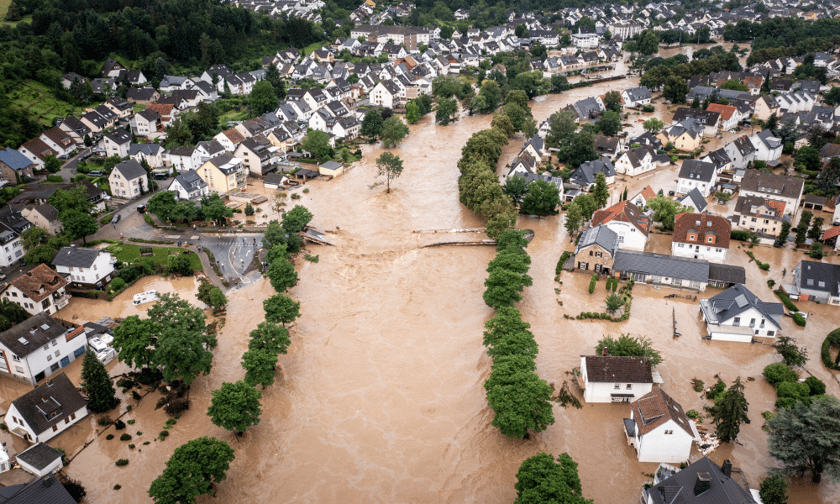

Patrick Walsh, an economist with the US Environmental Protection Agency, is calling for a unified national approach to climate adaptation and flood management in New Zealand, as extreme weather events increase in frequency and severity.
Set to present on these issues in a talk titled “Distributional Impacts of Flood Adaptation and Infrastructure Funding in New Zealand,” Walsh will address how coordinated funding and infrastructure models could help shield communities and local economies from escalating climate risks.
His research highlights the unique challenges New Zealand faces in distributing resources for flood protection and managing risk effectively across diverse regions.
Walsh, who has conducted research on New Zealand’s flood policies, noted that floods remain the country's most frequent and economically damaging natural disaster.
“In early 2023, the country experienced the worst flooding in its history, with billions of dollars in estimated damages and over 30,000 insurance claims,” he said.
Walsh noted that over the past few decades, flood management in New Zealand has moved from a centralised model to a system where local governments have primary responsibility for infrastructure planning and flood protection schemes.
Many regional councils implement flood schemes funded through targeted local taxes, with communities sometimes voting on whether to participate in these schemes.
However, Walsh said that resources for these initiatives are unevenly distributed, raising questions around equity in flood protection and infrastructure funding across different regions.
Walsh’s presentation will draw from a combination of national data sources, including insurance claims handled by the Earthquake Commission (EQC), which covers up to NZ$100,000 in flood-related damages per policyholder.
Walsh’s findings suggest that communities with established flood schemes experience fewer insurance claims, hinting at the effectiveness of these programs in managing flood risks.
Walsh has also observed that flood scheme availability and funding are often influenced by local economic conditions, such as community income levels and the concentration of critical infrastructure.
The talk, part of a seminar series by Penn State’s Initiative for Energy and Environmental Economics and Policy, will examine the implications of New Zealand’s flood adaptation policies for social and economic resilience, a topic of growing relevance for the insurance sector as it seeks sustainable responses to climate-related risks.
Walsh’s talk comes as insurers highlight increasing claims in New Zealand.
Data from New Zealand’s primary insurers showed that 78% of natural hazard-related claims from autumn and winter resulted from storm events, particularly impacting areas like the North Island.
While the total number of claims decreased compared to prior periods, the insurers stress that unpredictable and intense weather continues to challenge the stability of local communities, many of which are still recovering from the North Island floods and Cyclone Gabrielle.
